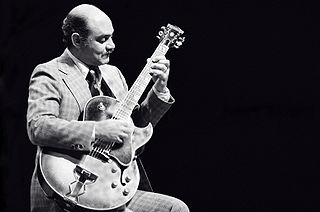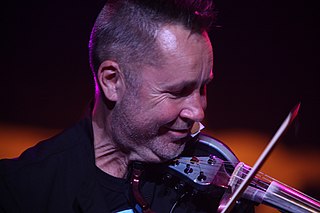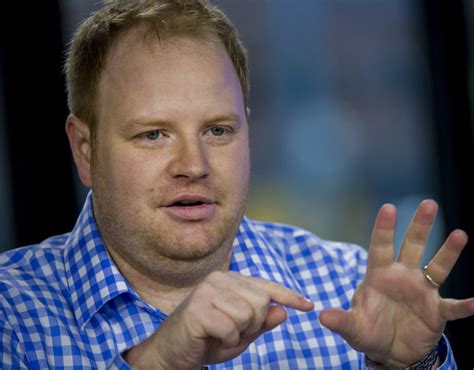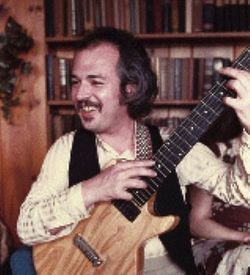A Quote by Joe Pass
My father would say, 'Play a scale,' and I'd play one and he'd say, 'What about the rest? There must be one above,' so we'd figure them out. I'd start the scale on the root of the chord and I'd go as far as my hand would reach without going out of position, say, five frets, and then I'd go all the way back. So when ! practised I'd start right away on scales. As well as the usual ones, I'd play whole tone scales, diminished, dominant sevenths, and chromatic scales. Every chord form, all the way up, and this took an hour.
Related Quotes
It's just part of whatever motivates guys and whatever they say. Ultimately it comes down to how well you play. What I've learned over the years, a lot of guys talk. What you need to do is go out there and play, back it up. They've been able to back it up, so that's why it works for them. Hopefully we can go out there and do our talking on the field.
It's a lot easier to figure out how to scale something that doesn't feel like it would scale than it is to figure out what is actually gonna work. You're much better off going after something that will work that doesn't scale, then trying to figure how to scale it up, than you are trying to figure it all out.
As deaths have accumulated I have begun to think of life and death as a set of balance scales. When one is young, the scale is heavily tipped toward the living. With the first death, the first consciousness of death, the counter scale begins to fall. Death by death, the scales shift weight until what was unthinkable becomes merely a matter of gravity and the fall into death becomes an easy step.
Before Dream Theater took off I used to teach a lot, and one of the things my students often asked me was how to apply the chromatic scale to practical playing situations. You see, their other teachers would give them chromatic warm-up exercises without providing any explanation of how important and versatile this scale actually is.



































